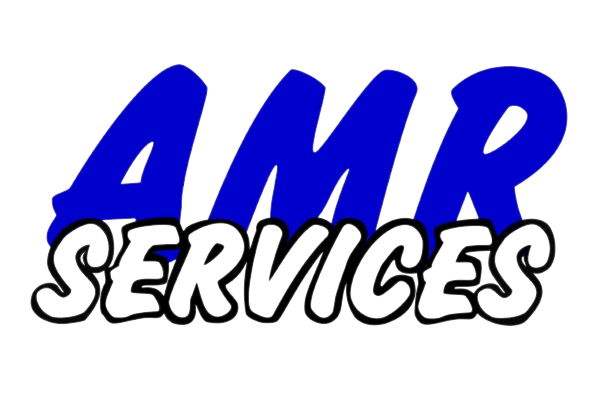Introduction:
Canada’s real estate landscape saw a significant shift with the introduction of the Underused Housing Tax (UHT) in 2022. Aimed at addressing the issue of housing affordability and availability, this tax has implications for non-resident, non-Canadian property owners. In this news release, we’ll delve into the essentials of the UHT, its impact, and how our firm can assist you in navigating this new tax environment.
What is the Underused Housing Tax (UHT)?
Implemented from January 1, 2022, the UHT is an annual federal tax levied at 1% on the ownership of vacant or underused residential properties in Canada. The primary focus is on foreign nationals or non-resident owners of Canadian residential properties, however some Canadian residents can be deemed affected. This measure is part of the government’s strategy to make housing more accessible and affordable for Canadians by discouraging the underuse of real estate by non-residents.
Who is Affected?
The UHT mainly targets non-resident, non-Canadian owners of residential properties in Canada. If you owned a residential property in Canada as of December 31, 2022, and fall under this category, you may be subject to this tax. In some cases, a Canadian resident can be deemed an “affected owner.”
Filing Obligations and Deadlines:
For those affected, there is a requirement to file a UHT return for each applicable property by April 30 of the following calendar year. It’s important to note that failure to file by this deadline could lead to significant penalties, which start at $5,000 for individuals and $10,000 for corporations.
How We Can Help:
Navigating the UHT can be challenging, but our expert team is here to assist:
- Assessment of Tax Obligations: We’ll help you understand if and how the UHT applies to your properties.
- Preparation and Filing of UHT Returns: Our professionals can take care of the entire process, ensuring accuracy and compliance.
- Coordination with Personal Tax Returns: To streamline the process, we can align the filing of your UHT return with your personal tax returns.
Taking Action:
Whether you believe you are affected by the UHT or not, it is crucial to verify your situation to avoid any potential penalties. Our team is ready to provide you with a comprehensive assessment and ensure you meet all your tax obligations.
Conclusion:
The UHT is a significant development in Canadian tax law, especially for non-resident property owners. Staying informed and compliant is key to avoiding penalties and managing your properties effectively. Contact us to learn how we can assist you in navigating this new tax requirement.




